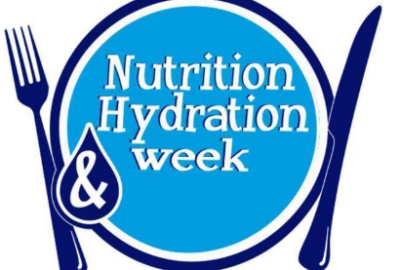New social media insight* released by GARDEN GOURMET® reveals that while Veganuary 2022 participants expressed an appetite for plant-based menu options beyond January, there are key areas operators could address, to reassure and attract more plant-based diners all year round.
Consumers took to online platforms to talk about their Veganuary experience, generating more than 20,000 conversations across the UK. The chattiest cities, with the most Veganuary conversations, were London, Manchester and Bristol. Of these, Bristolians were most onboard, with 83.5% of their posts positive or neutral, with Londoners close behind at 82%. Mancunians were a little less sure, however; almost a quarter (23%) of their posts were negative.
Overall, consumers were impressed by the vegan dishes on offer from food operators, expressing a desire for these to be available beyond the month. Spurred on by the experience, they also spoke about the need to make lasting behavioural changes beyond Veganuary. And many argued that having wider plant-based selections when dining out will actually influence more people to reduce their meat intake.
Discussing reasons for going vegan, animal welfare came top at 38.7%, closely followed by health (33.5%) and sustainability (27.8%). Meat alternatives continue to be hugely popular, with most mentioned vegan products being bacon (35.6%), burgers (33.4%) and sausages (15.2%).
Alongside posts about enjoying these alternatives to meat dishes, consumers were curious about the nutritional value[1] and sustainability[2] of plant-based proteins. This gives food operators food for thought when it comes to communicating the proteins in their plant-based dishes.
Rohini Alam, Global Brand Manager for Plant Based at Nestlé Professional says: “Now the plant-based market is maturing, it seems that consumers are becoming more concerned with provenance of plant-based products. There is a raft of meat alternatives now available, so it’s hardly surprising there’s more interest in what’s in them. To reassure consumers about what’s in their meat alternatives, food operators might consider sourcing and communicating them in the same way they would with traditional proteins like meat or fish.
“Our menu development chefs worked with Whitbread last year to roll out our Cumberland Sausage and Sensational Burger across menus in 1,200 of its pub, restaurant and hotel sites across the UK. Whitbread chose GARDEN GOURMET® based on the nutritional value[3] and versatility of our products. To improve consumer awareness about the provenance of the meat alternatives, they’ve highlighted our brand across its menus.
“The response so far has been overwhelmingly positive. To the point that someone sent their sausage back, thinking they’d mistakenly been served meat!”
With 30 years of expertise in plant-based, the Nestlé Professional meat alternative brand, GARDEN GOURMET®, draws on the world’s largest R&D network to create a product range that is high in protein and provides a source of fibre[4].
GARDEN GOURMET® now offers a diverse range that includes ‘Sensational’ burgers, mince, meat-style balls, fillet pieces and the recently launched nuggets and breaded fillets. Versatile enough for use in a diverse range of dishes, they’re ideal for veganising traditional meat dishes, boosting options for vegans, flexitarians and curious diners. The cook-from-frozen format means minimal food waste for food operators and, for those aspiring to reduce their carbon footprint, GARDEN GOURMET® has pledged to be carbon neutral by the end of 2022.
For details on their range, available via OOH through wholesalers, go to https://www.nestleprofessional.co.uk/garden-gourmet.
[1] GARDEN GOURMET® products contain soya protein which is a high-quality protein. Reference: Recommended amino acid scoring patterns for infants, children and older children, adolescents and adults, FAO 2013
[2] ‘Plant-based diets represent a major opportunity to reduce greenhouse gas emissions’ (Intergovernmental Panel on Climate Change- IPCC, 2019).
[3] The GARDEN GOURMET® range is high in protein, provides a source of fibre, is non-HFSS, mostly meets UK salt targets and has green or amber front of pack labelling. Protein contributes to the maintenance of muscle mass, as part of a healthy diet and lifestyle.
[4] Ibid



